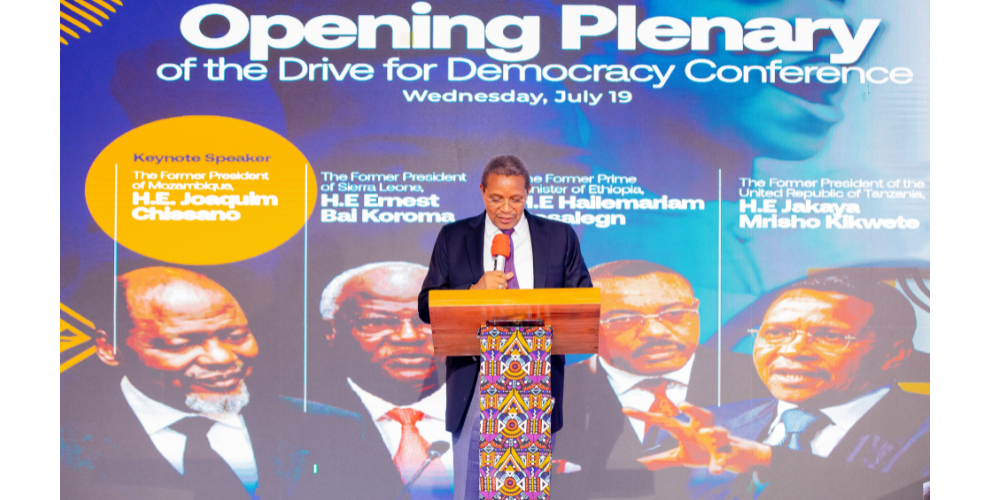By Valary Mumbo and Tari Wills
African citizens support democratic governance. However, systemic flaws, blatant disregard for democratic processes, and institutional checks and balances remain commonplace across the continent.
But the African citizenry, especially young people, is ready for increased engagement in civic and political processes. At the recently concluded Africa Drive for Democracy Conference (D4D) in Arusha, Tanzania, one of the issues delegates from around the continent agreed on is the urgent need to restore independence and trust in public institutions. Some of those cited included the judiciary, electoral management bodies, and security forces which, without appropriate checks, run the risk of entrenching authoritarian regimes.

The judiciary is a key democratic institution that offers citizens and institutions a direct opportunity to challenge and check other arms of government. It is central to the preservation of the values and processes of the state.
However, in several African countries, the judiciary is perceived as an elitist body, riddled with corruption. Similarly, electoral management entities are widely regarded as biased bodies in Africa, often faulted for inefficiencies with limited capacity to run credible elections. Apathy bleeds through society when elections are perceived as foregone conclusions.
Conversely, independent institutions foster an enabling environment where regime change through peaceful and credible elections, respect for presidential term limits, and protection of human rights are the norm.
These discussions underscored the need for continued support to Luminate partners such as Socio-Economic Rights and Accountability Project (SERAP) in Nigeria and the Katiba Institute in Kenya—whose advocacy and litigation work contributes to the protection of public systems and institutions and ensures protection for those who dissent—as well as Citizens’ Gavel, whose efforts in Nigeria increase the pace of justice delivery and promote transparency and accountability in the justice sector.
During the former government’s regime in Nigeria, for example, SERAP wrote an open letter to the president to implement a report on the financial autonomy of the judiciary, citing it as one of the ways in which independence of public institutions can be established and upheld. The letter also condemned attacks on judicial officials.
Young Africans’ meaningful involvement in governance can grow when there is demonstrable change in the perception of state institutions. Investment, research, inter-generational dialogue, and candid feedback are some tools to explore in restoring trust in governance.
In a positive step, former African leaders at the 2023 D4D Conference were open to pushing these conversations forward with new leaders, bringing to the fore the African Proverb: "The words of the elders do not lock all the doors; they leave the right ones open."